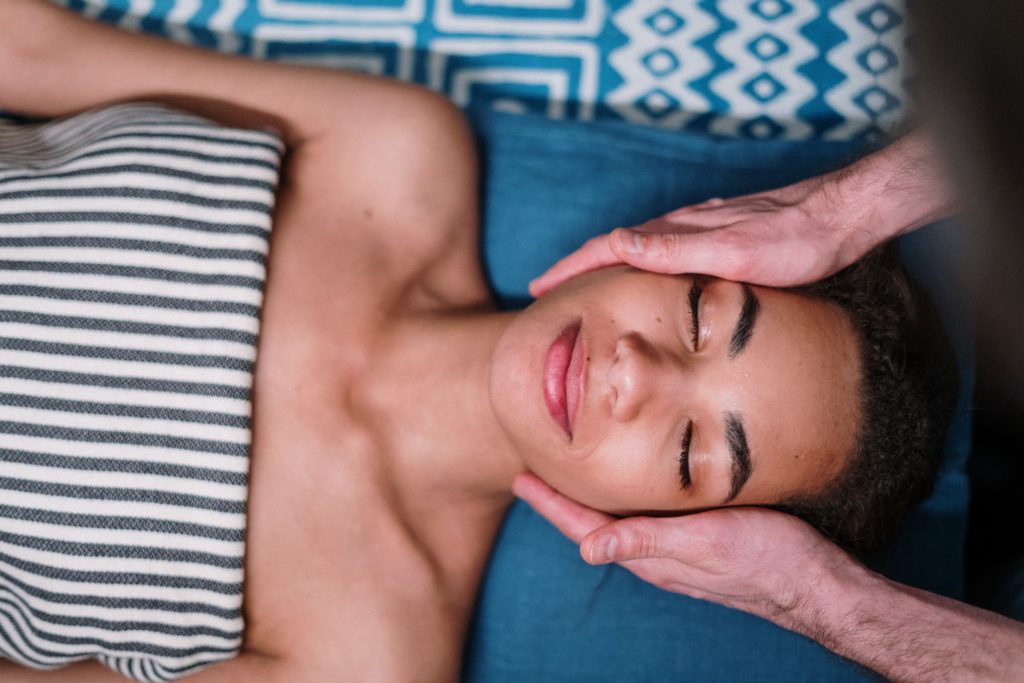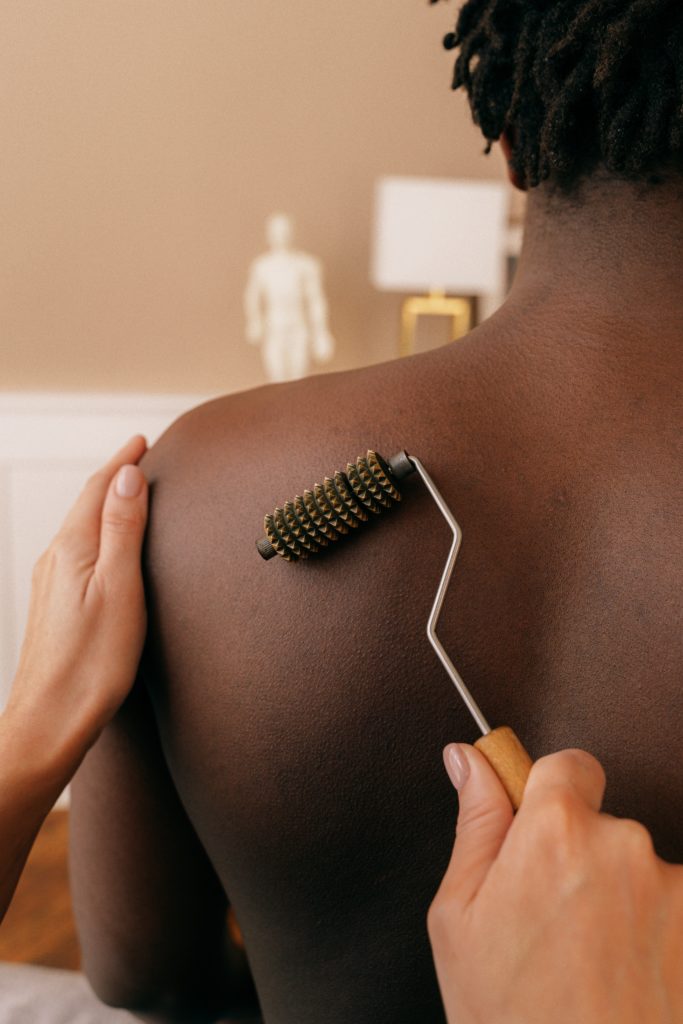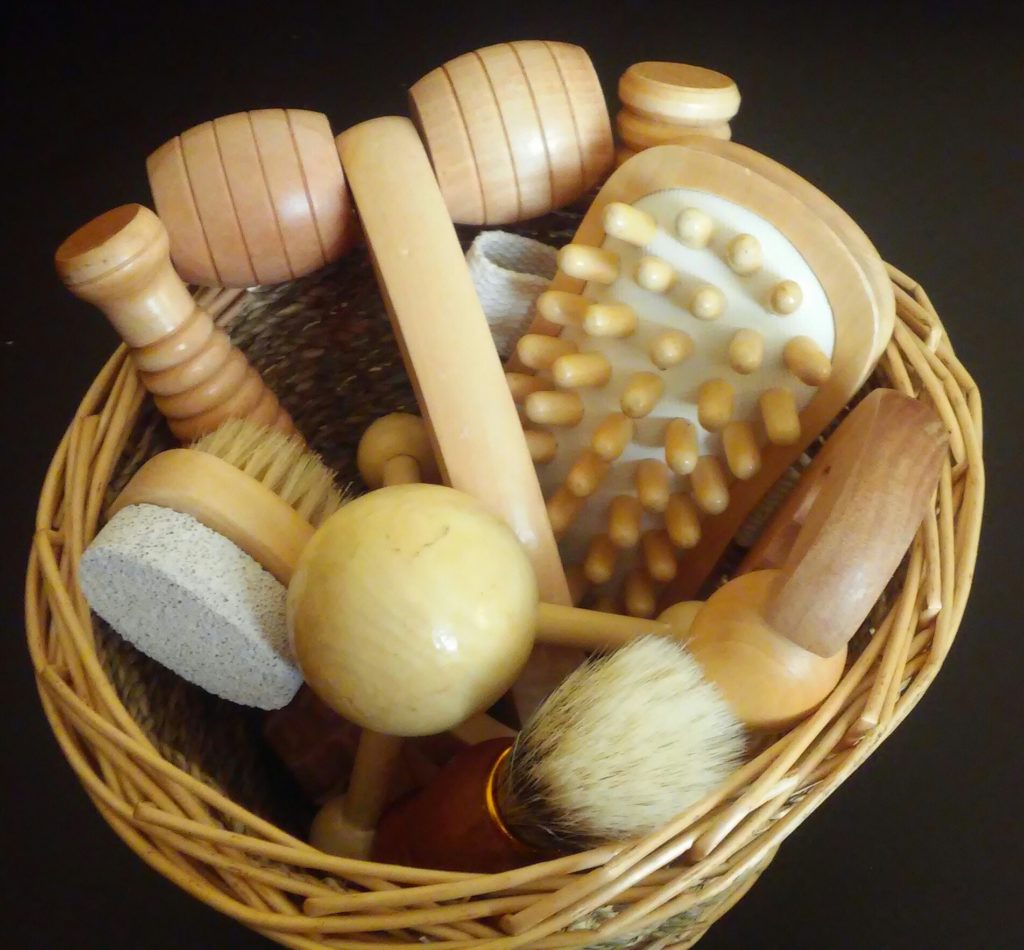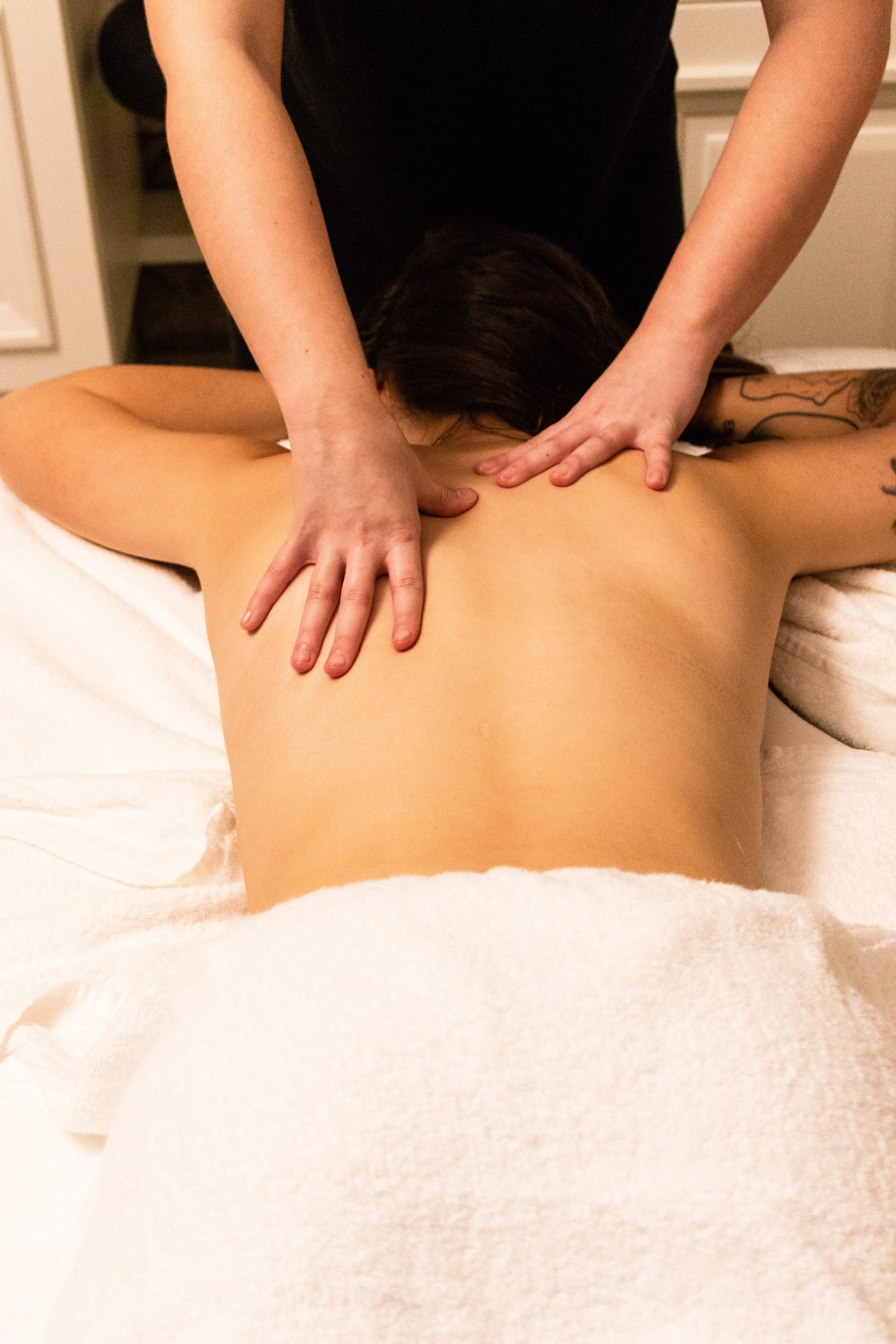Is there anything better than a relaxing massage? OK, maybe chocolate or wine, but that’s a quick fix and won’t have the long-lasting benefits that a great rub-down can have. We all remember getting that one massage that left us feeling like putty, where the relaxation and tension relief lasted well beyond the hour-long session at a spa. This is the type of treatment we strive for. A massage is both a time and money investment, and it’s important that you get the most out of your experience. But what ensures you have a great one?

First, know that massage therapy can have huge benefits for your health. It’s especially worthwhile when you can commit to getting rubbed on the regular. As Kate Martin, resident manager at CHI, The Spa, at Shangri-La Hotel Vancouver, lists, “Massages help in reducing stress and increasing relaxation, reducing pain and muscle soreness and tension, improving circulation, energy and alertness, lowering heart rate and blood pressure and improving immune function.”
Certain massages can help pinpoint certain ailments; it all depends on the type of massage you book. “Different massages, such as Thai massage, can help with stretching, which would be particularly useful after exercise,” says Julie Simcox, spa director at Langdon Hall Country House Hotel & Spa in Cambridge, Ontario. “Massages such as hot stone and hot steam can add heat to the muscles, and some types of massage also have the benefits of aromatherapy where there is a scent journey involved.” Massages, she adds, also benefit mental health: “Shutting off for an hour uninterrupted is rare these days, and it’s a time where you can just be present in the service.”
The amazing thing about massage is that it can also usher in other avenues of treatment. “It’s one of many tools that people can tap into to improve their wellbeing,” says Brianna Sloan, marketing manager at Nimmo Bay Resort in British Columbia. “We integrate forest bathing, meditation, journaling, yoga, sound healing and bodywork treatments as part of our wellness offerings, and pride ourselves on a well-rounded and nature-based program. Massage is a beautiful part of a well-rounded approach to wellness.”

However, when booking a massage, it’s important to ask certain questions to ensure you’re setting yourself up for a treatment that’s truly going to benefit you. At the Spa at Four Seasons Hotel Toronto, every massage begins with a detailed health consultation conducted by a registered massage therapist to understand your medical history and the goals of your visit. “We not only ask what areas they want to focus on but also if there are areas they want to avoid,” says Carlos Calvo Rodrigues, senior spa director.
You should also communicate with your massage therapist during the massage. “Be honest with your feedback: if the pressure is too light, say so. The therapist wants you to have the best experience, and they can adapt quite a bit to suit your needs,” Simcox says. “Direction during the treatment is very welcome and is not taken personally by the service provider—they really want you to enjoy it.”
Robyn Libby, lead massage therapist at The St. Regis Toronto, agrees: “As a client, you should always feel empowered to let your therapist know when something doesn’t feel good to you. While we can tell how your soft tissue might be responding to any technique we provide, how you experience it is very individual and personal.”

Because every person’s massage needs are different, and preferences for relaxation are so individualized, spas strive to offer a wide range of products and services to meet those expectations and, oftentimes, exceed them. “Each treatment is completely customized during an in-person consultation during the check-in process, including a signature aromatherapy blend to enhance wellbeing,” Chi’s Martin points out. “We also offer a range of products and add-ons that guests can select from to enhance their treatments.”
At Nimmo, Sloan says they’re all about building relationships with guests over time to get to know them on a more personal level; practitioners can then learn from guests’ physical movements, energy levels and choices of experiences. “It’s a constant learning process that continues during the treatments themselves. Once hands are on, a whole other level of information can be gleaned from muscle, tiny reactions and the cadence and pace of the breath. The body itself will fill any gaps that conversation and observation haven’t filled, and the practitioner can then adjust and flow with the needs of each individual.”
There are many factors that will play a role in the type of massage experience you have, and these go well beyond the therapist. Things like atmosphere also impact your response to the treatment, including the surroundings and things like privacy, lighting and even scent. At the Shangri-La Hotel Vancouver, each spa suite includes a small lounge, private bathroom, private steam shower and soaker tub, and at the Spa at The St. Regis Toronto, every massage service starts with a mild foot scrub and exfoliation. “We have discovered this is a welcome introductory touch and it’s a wonderful way to help one’s body begin the relaxation process before we start their chosen massage,” Libby says.
Other elements will influence the mood of the massage, too. “When entering our silent sanctuary, guests are met with gentle background music, dimmed lights, a comfortable room temperature and a calming aroma to activate all senses,” Rodrigues says. “This allows the body to slip into a state of relaxation.” Plus, many of today’s spas have been outfitted with high-tech massage beds to bring massages to the next level. At the Shangri-La Hotel Vancouver, state-of-the-art heated electric massage beds contour to the natural curves of the body, and The St. Regis Toronto has cosy table heaters that makes guests feel sublimely snug and warm.
There are a lot of dynamics that play into a massage experience, from the therapist and questions you ask to the way in which a spa curates a comfortable, relaxing atmosphere. In the end, to get a beneficial massage that resonates with you, it’s all about surrendering to the opportunity to unwind. “A beautiful and calming setting, an intuitive practitioner and an intentional approach are the elements of an amazing spa experience,” Sloan says. “[But] sometimes the most important part of the treatment is the moment you enter the room and dedicate yourself to leaving everything else outside.” —Jennifer Cox

Be the first to comment